GWU team demonstrates highly scalable, low-cost process for making carbon nanotube wools directly from CO2
Green Car Congress
JULY 19, 2017
This synthesis consumes only CO 2 and electricity, and is constrained only by the cost of electricity. The process is constrained by the (low) cost of electricity. Efficacious climate mitigation by CO 2 transformation requires a massive market, and product stability and compactness. —Johnson et al.


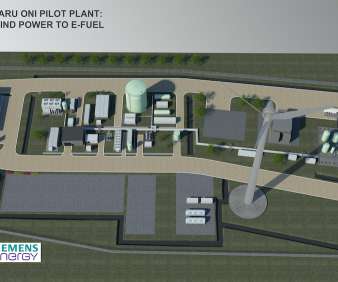

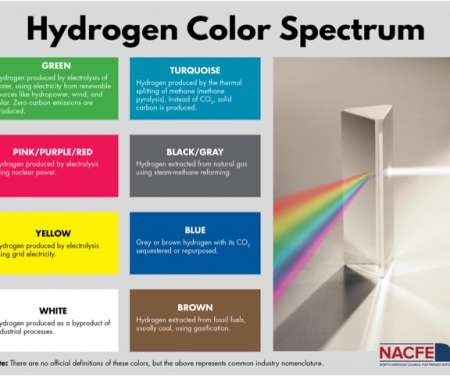


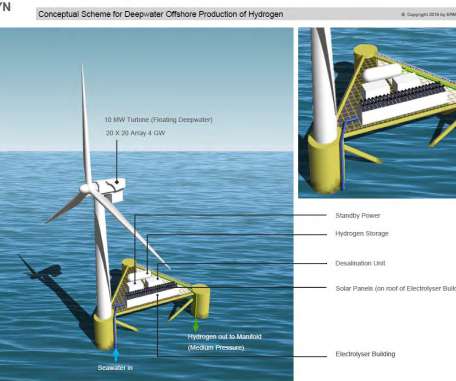

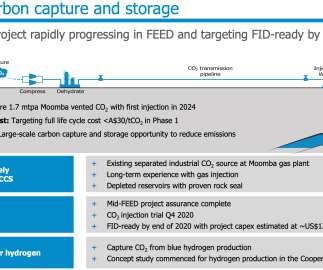
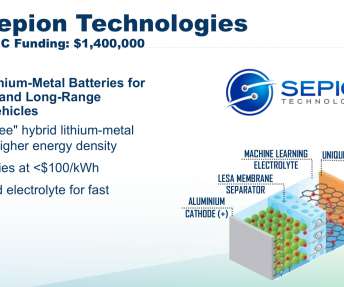

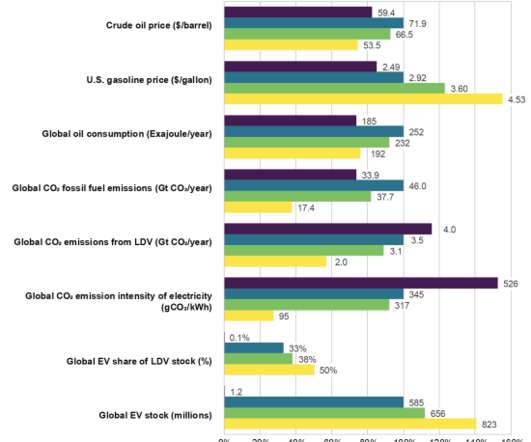


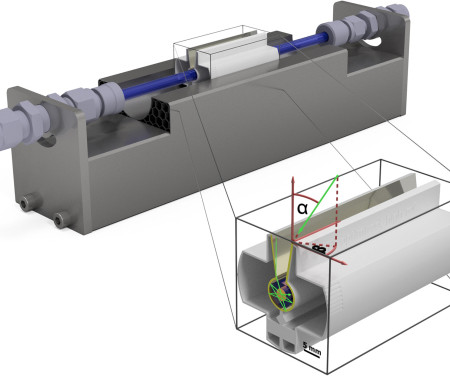






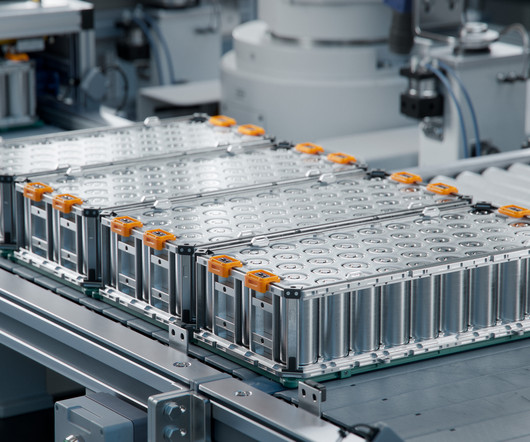






















Let's personalize your content